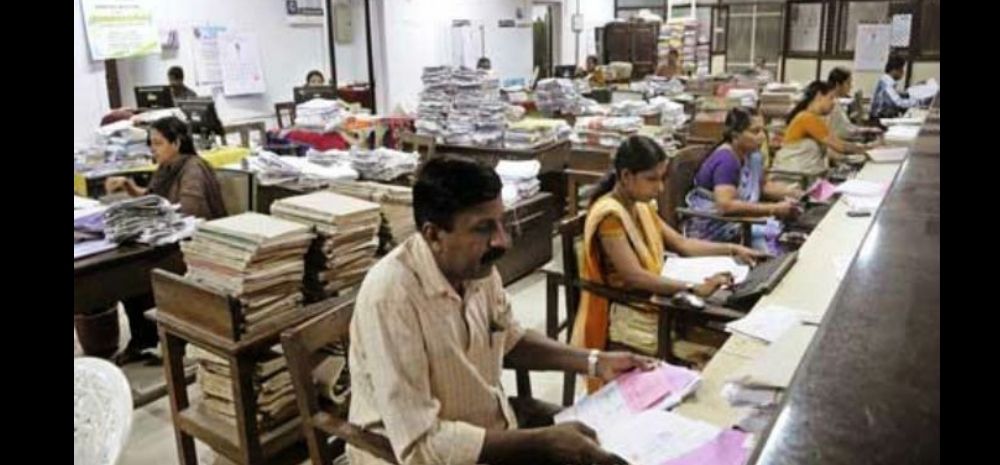In the recent years, there has been a significant concern over the rising costs of essential commodities, especially food. This is particularly troublesome when the same is juxtaposed against the relatively stagnant growth in income levels.

Analyzing the Economic Impact: Surging Food Costs in Maharashtra
This is particularly precarious in the case of Maharashtra, where the average cost of preparing a home-cooked vegetarian meal, known as a thali, has surged by 71% over the period of past 5 years.
On the contrary, during the same period, there has been a modest uptick of 37% in the average monthly salary earned by individuals engaged in regular employment in the state.
Although casual labourers have witnessed their wages increase by 67%, it is noteworthy that they were already allocating a substantial portion of their earnings towards food expenses.
In order to assess the economic implications of these shifts, an analysis was conducted on the premise that an average Indian family’s daily dietary requirements could be met by consuming two thalis per day.
Due to the data limitations, the non-vegetarian meals were excluded from consideration.
Focused on the state of Maharashtra, the study could be conducted due to the availability of consistent data and employed the state’s average wages and salaries for comparison.
The methodology behind the same involved the identification of the requisite ingredients for two servings of thali and measuring their quantities.
After that, the retail prices of these ingredients were collected from various sources in Maharashtra for different time periods.
Notably, key ingredients such as toor dal as well as potatoes have exhibited substantial increases over the five-year span.
Addressing Rising Food Costs in Maharashtra
The result of findings is worrisome, since the basic needs are now eating through the salaries and the overall cost of preparing two thalis daily, translating to a considerable burden on household budgets.
What aggravates the situation is the fact that the average monthly earnings have only seen modest growth, which basically has led to increase in food expense, particularly for regular salaried workers.
Also, due to the rising cost of sustaining lives, other spends are curtailed by households, which brings down the lifestyle for them since spending on non-essential items and luxury goods is used to offset the rising cost of food.
Hence, there is a pressing need to address the escalating cost of food staples in Maharashtra via policy interventions so that the income disparities is addressed and the financial strain is alleviated.











